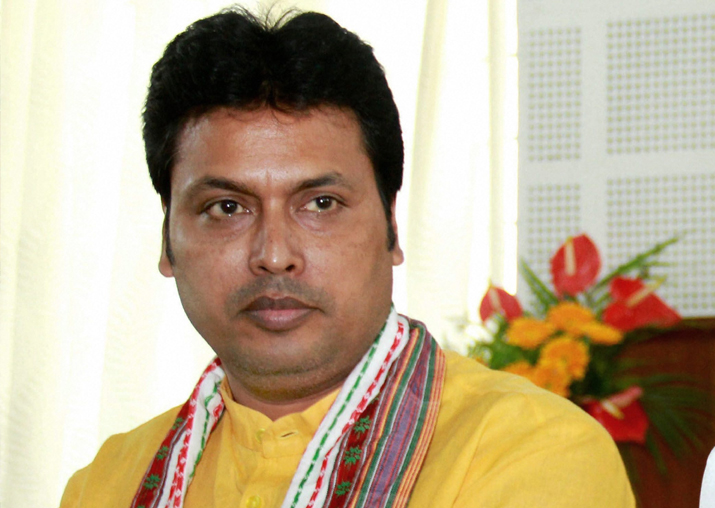We as a society have always valued education. Even in ancient times the importance of it was of utmost priority, and people with merit were always given primacy over wealthy ones. Education is not just about degrees and technical competency, its primary objective is to provide people with perception and the ability to convert information into knowledge. It also gives the students the required information about the history and culture of the land, which in turn helps forging an individual’s identity.
When it comes to education, educators and researchers around the world are in agreement that primary and secondary schooling are the most important stages of education, as these are the forming years of one and the intellectual base created or acquired here serve to be building blocks for higher education. That is precisely why Indian state and Central governments have emphasized on the accessibility of education but this approach has left very little room for quality and scrutiny of the syllabus.
The Indian state of Tripura which saw a twenty five year long rule by Communist Party of India, achieved a commendable literacy rate of 95%. The statistics, however, don’t show the grim picture. Mr. Biplab Deb who recently took office after winning by a landslide margin in the historical state polls earlier this year, said –
“When I say education, I mean quality education and not just numbers. The Communists only wanted the people of Tripura to study Mao (Zedong) and forget our Hindu kings. They removed Mahatma Gandhi from textbooks in government-run schools. I am going to implement NCERT syllabus in all these schools which will also have chapters on Tripura’s history,”
This comment made by the incumbent chief minister gives insight into a sinister design in Tripura’s state sponsored education. Primary and especially secondary education within a state can be a vicious tool for propaganda if one wishes to use it as such. The TBSE, Tripura state’s Board of Secondary Education under the communist regime willingly subverted the secondary curriculum.
While the students in Tripura learned about the Russian and French revolutions and Hitler, there were no chapters or even mention of Subhas Chandra Bose or Rani laxmi Bai. The students read about the theories of Marx and struggle of Europe but were barred from learning about Indian kings and Indian struggle. Chapters on Indian freedom fighters were also willfully excluded to provide space for birth of cricket in England. Even chapters on Indian constitution were missing from the syllabus. This nefarious attempt to alienate young Indians from their history by giving a false perception about the cultural and historical heritage is nothing but preposterous. The curriculum also failed to highlight Tripura and its history.
This approach towards education as a tool of mass propaganda is not new. The idea of occupying state hierarchy and then using its apparatus to propagate ideas of subversion is as leftist as Mao himself. It can be best described by what a student activist namely, Rudi Dutschke said – “Long march through the institutions”. Rudi inspired by the Italian communist Antonio Gramsci talked about how to subvert a state which is not communist. His ideas included not working against the government apparatus but rather being an agent of the institution itself, infiltrating these institutions such as government, bureaucracy and judiciary would give the revolutionary much more teeth and efficiency to break the institution from within.
As horrifying as it sounds, it is the same mindset and set of principles the communists in Tripura had taken, using the state institutions to subvert the Indian state and to turn its own citizens against the nation state by creating and sustaining alienation and ignorance.
It’s hard to counter the left’s march but with the recent decision by the Tripura Chief Minister to implement NCERT syllabus, it seems the first step to counter this subversion has been taken.
